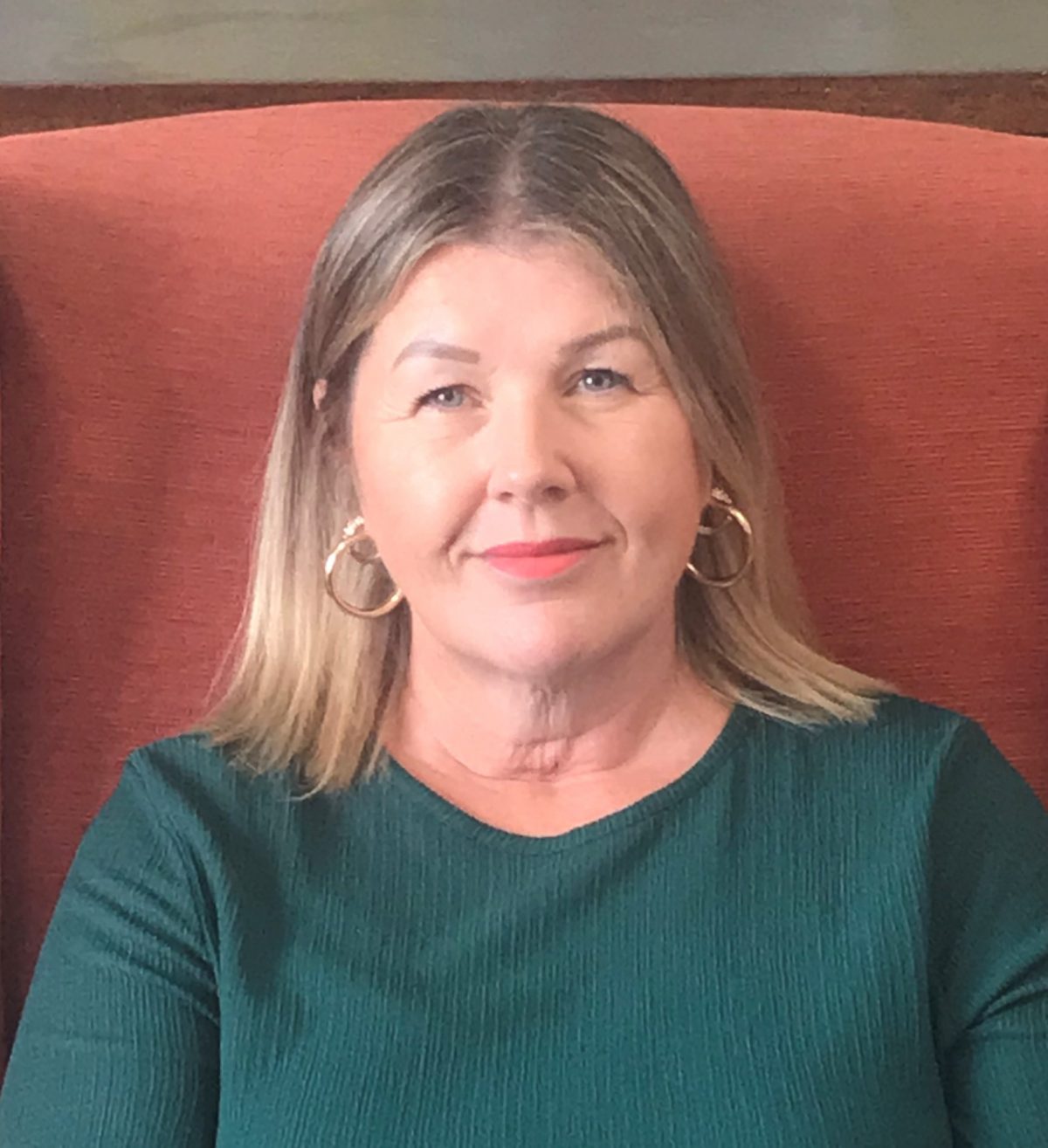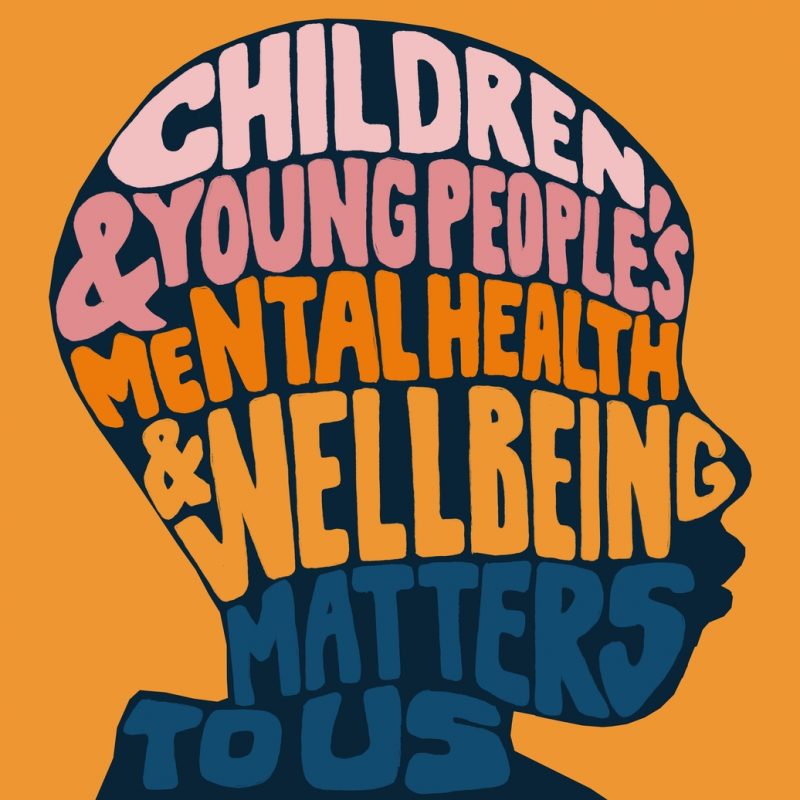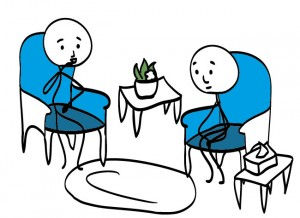At our practice in Plymouth, we’ve been supporting individuals in their journey to overcome addiction for many years—whether it’s related to substances or compulsive behaviours. These struggles often come hand-in-hand with challenges like depression, anxiety, or low self-esteem.
A lot of people approach addiction by focusing on the behaviour itself—trying to stop or abstain. And while this can work for some, digging deeper into the underlying reasons behind the addiction often leads to more meaningful and lasting results.
Renowned addiction specialist Gabor Maté, defines addiction as “a complex psycho-physiological process manifested in any behaviour in which a person finds pleasure and relief and therefore craves, but suffers negative consequences without being able to give it up. So; craving, pleasure and relief in the short term, negative consequences in the long term, and the inability or refusal to desist—that’s what addiction is.”
He goes on to explain that addiction extends beyond substances like drugs, alcohol, or nicotine. It can encompass behaviours like shopping, pornography, sex, overworking, gambling, eating or even excessive use of the internet or mobile phones. “The issue is not the external target or the behaviour—the issue is one’s internal relationship to it.”
So, where does addiction come from? Well, it’s often tied to how we cope with stress and trauma. When life overwhelms us and we don’t have the tools to manage those feelings, we can turn to substances or behaviours that provide quick but temporary relief. It might be that extra glass of wine, staying late at work to avoid home stress, or compulsive online shopping after a hard day. These coping mechanisms feel like they work in the moment—but in the long run, they can lead to a cycle that’s hard to break.
Addiction isn’t the root problem—it’s a way to mask deeper pain. For many, that pain goes all the way back to experiences like neglect, abuse, or trauma in early life. Without healthy ways to process intense emotions, we might disconnect from them entirely. Over time, substances or behaviours can become crutches to help avoid those lingering feelings, keeping us stuck in a loop of addiction.
Breaking free means more than just stopping the behaviour—it’s about understanding and addressing the pain underneath.
If you’re ready to take that first step, our counsellors in Plymouth are here to help. We’re happy to answer any questions you have—just give us a call or drop us an email.









